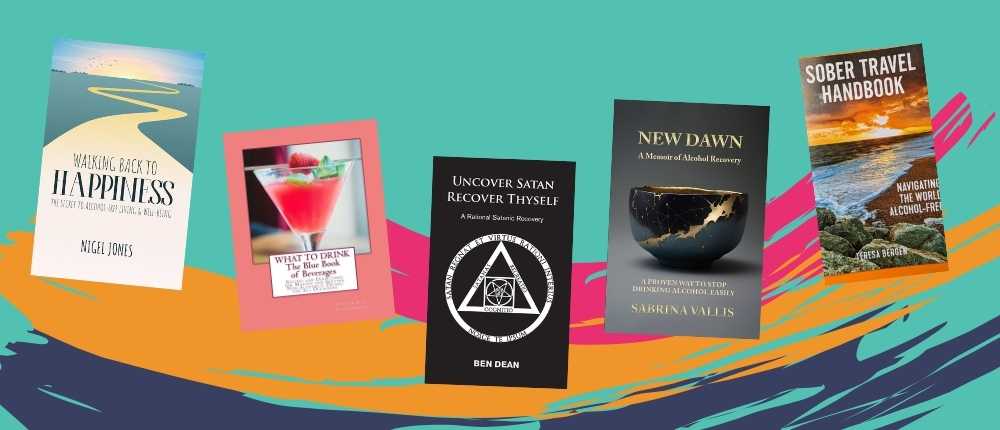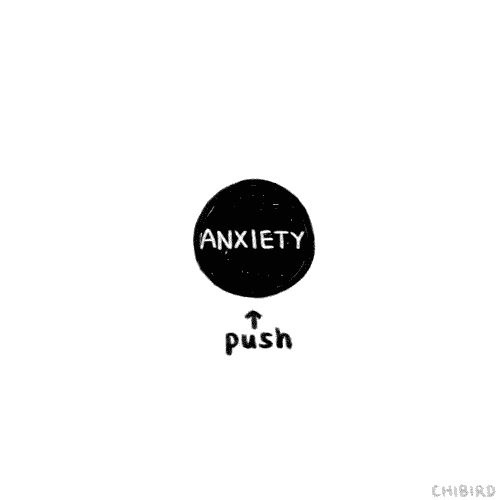
This website uses cookies to improve your experience. We'll assume you're ok with this, but you can opt-out if you wish. Read More
The Next Round: What happens after you change your drinking?

Alcohol and anxiety often go together. The fact that people use alcohol to cope with anxiety is a bit of an open secret. In order to get through certain situations, we often quote how alcohol helps us relax and feel more confident. In this blog, we wanted to not only touch on the mild social anxiety we get at new situations, but also anxiety disorders and how alcohol can exacerbate these, as well as the very real phenomenon of increased anxiety after drinking.
People with anxiety disorders are prone to abusing alcohol, but even if you don’t suffer with anxiety you can still end up relying on alcohol to get you through an awkward night out or to boost your confidence. Using alcohol to self medicate is an easy thing to do. It doesn’t seem unhealthy because so many other people are doing it right? And where is the line between having a glass of wine to ‘relax’ and not knowing how to relax without it?
There’s another obvious reason people use alcohol to medicate anxiety: it works. Temporarily. Alcohol affects the GABA* system in a manner similar to Valium, causing relaxation and drowsiness and suppressing your inhibitions.
However, there are two problems here:
The first is that you aren’t actually dealing with your problems. At best you’re briefly masking them. There is an actual limit on how long you can stay drunk. Then once you are drunk it’s difficult to maintain the right level of alcohol to keep you from slipping from ‘relaxed confident person’ to ‘obnoxious jerk who might vomit on someone’s shoes’. Alcohol can also affect the way that actual medication works and prevent people from working to find strategies that are more helpful in the long term.
The second issue is that alcohol can actually make your anxiety worse. I don’t know if you’ve ever heard terms like ‘hangxiety’ or ‘beer fears,’ but they both, essentially, mean the same thing: the crippling anxiety after drinking that can come along with a hangover. Alcohol can affect levels of noradrenalin which is associated with fight or flight responses, this can make your heart race, alcohol also affects levels of serotonin and blood sugar which can leave you feeling depressed and skyrocket your anxiety after drinking.
So what’s the solution? If you have an anxiety disorder, maybe taking some time away from alcohol might be a good idea to assess more deep-seated stuff and gain clarity. This will give you space so that:
After that you can think about whether or not you want to re-introduce alcohol to your life and whether it’s impact on your social life has been more positive or negative. The most effective methods for dealing with social anxiety are techniques like CBT that force you to confront your own unhelpful thoughts and behaviour patterns rather than dulling them with alcohol, and do get in touch with services like the Samaritans.
* (GABA (gamma-aminobutyric acid) is an inhibitory neurotransmitter that is very widely distributed in the neurons of the cortex. GABA contributes to motor control, vision, and many other cortical functions. It also regulates anxiety.)
This website uses cookies to improve your experience. We'll assume you're ok with this, but you can opt-out if you wish. Read More
| Name | Domain | Purpose | Expiry | Type |
|---|---|---|---|---|
| wpl_user_preference | joinclubsoda.com | WP GDPR Cookie Consent Preferences. | 1 year | HTTP |
| PHPSESSID | www.tickettailor.com | PHP generic session cookie. | 55 years | HTTP |
| AWSALB | www.tickettailor.com | Amazon Web Services Load Balancer cookie. | 7 days | HTTP |
| YSC | youtube.com | YouTube session cookie. | 55 years | HTTP |
| Name | Domain | Purpose | Expiry | Type |
|---|---|---|---|---|
| VISITOR_INFO1_LIVE | youtube.com | YouTube cookie. | 6 months | HTTP |
| Name | Domain | Purpose | Expiry | Type |
|---|---|---|---|---|
| _ga | joinclubsoda.com | Google Universal Analytics long-time unique user tracking identifier. | 2 years | HTTP |
| sbjs_migrations | joinclubsoda.com | Sourcebuster tracking cookie | 55 years | HTTP |
| sbjs_current_add | joinclubsoda.com | Sourcebuster tracking cookie | 55 years | HTTP |
| sbjs_first_add | joinclubsoda.com | Sourcebuster tracking cookie | 55 years | HTTP |
| sbjs_current | joinclubsoda.com | Sourcebuster tracking cookie | 55 years | HTTP |
| sbjs_first | joinclubsoda.com | Sourcebuster tracking cookie | 55 years | HTTP |
| sbjs_udata | joinclubsoda.com | Sourcebuster tracking cookie | 55 years | HTTP |
| sbjs_session | joinclubsoda.com | SourceBuster Tracking session | Session | HTTP |
| Name | Domain | Purpose | Expiry | Type |
|---|---|---|---|---|
| mailchimp_landing_site | joinclubsoda.com | Mailchimp functional cookie | 28 days | HTTP |
| __cf_bm | tickettailor.com | Generic CloudFlare functional cookie. | Session | HTTP |
| NID | google.com | Google unique id for preferences. | 6 months | HTTP |
| Name | Domain | Purpose | Expiry | Type |
|---|---|---|---|---|
| _ga_10XZMT03ZM | joinclubsoda.com | --- | 2 years | --- |
| AWSALBCORS | www.tickettailor.com | --- | 7 days | --- |
| cf_clearance | tickettailor.com | --- | 1 year | --- |
| VISITOR_PRIVACY_METADATA | youtube.com | --- | 6 months | --- |
Join Club Soda for 10% off your first order of drinks for UK delivery. Plus get our latest news and special offers for members to choose better drinks, change your drinking and connect with others.
If you get an error message with this form, you can also sign up at eepurl.com/dl5hPn